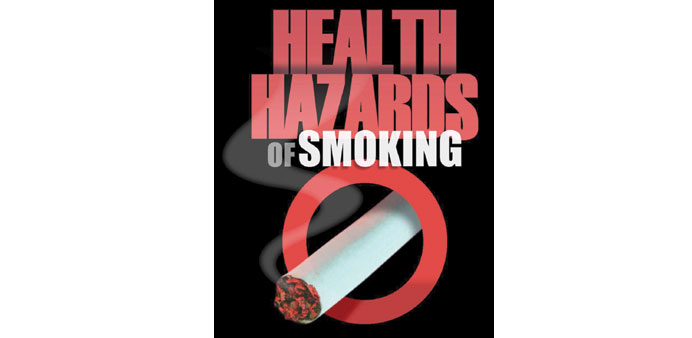By Oliver Burkeman/New York
The Petrified Forest National Park, in the desert wilderness of Arizona, is famous for its fossilised wood, the remains of trees millions of years old. It’s also famous for people carting off chunks of that wood as souvenirs, gradually transforming an area of heart-stopping natural beauty into thousands of crappy ornaments.
So when a team of psychologists were exploring ways to halt the plundering, they put up signs telling people not to steal, along with a note: “Many past visitors have removed the petrified wood from the park, changing the state of the Petrified Forest.”
But that sentence led to three times as much theft as no sign at all. The intended message was drowned out by the implicit one: everyone’s doing it, so what difference could one more chunk make?
I was reminded of the Petrified Forest the other day (via digest.bps.org.uk) by a new study on the power of stereotypes, by Michelle Duguid and Melissa Thomas-Hunt. Since everyone’s a little bit racist and sexist, it’s become a popular tactic in fighting prejudice not to shame people for it – that makes them defensive – but instead to remind them that everyone’s susceptible to thinking in stereotyped ways.
Yet this “everyone stereotypes” message, the study found, worked just like the signs in the Petrified Forest: it made people more relaxed about engaging in stereotyping themselves.
Reminding male bosses of the prevalence of sexism in the job market, say, might make them more comfortable about making sexist hiring decisions.
The underlying issue here is a big headache for anyone involved in “awareness-raising campaigns”, and for anyone trying to solve a social problem: making people aware they’re doing something bad doesn’t necessarily make them more likely to stop. Sometimes, that’s down to the frustrating perversity of the human mind: for instance, there are some signs that scary campaigns against smoking or overeating backfire, not least because they make people anxious, and when smokers or overeaters get anxious, the first thing they do is… Well, yes, exactly.
But often it’s simply because the greater the number of people engaged in a given behaviour, the less wrong it feels.
Even campaigns against something as obviously criminal as domestic violence, research suggests, may prove similarly self-sabotaging: being an abuser feels less shameful when you know you’re not alone.
Troublingly, awareness can also influence what people define as a serious problem to start with. That’s one interpretation of a recent economics paper exploring why people tolerate rising levels of inequality: one big reason is rising inequality itself. Incrementally, as inequality worsens, so our baseline of how much inequality feels acceptable creeps upward.
The solution can’t be to keep people in the dark about the scale of inequality, the risks of smoking, etc.
But these findings are a reminder that shouting about a problem doesn’t mean you’re helping to solve it.
Consider this column an awareness-raising campaign about the limitations of awareness-raising campaigns. Which means I’ve probably made matters worse. - Guardian News and Media

